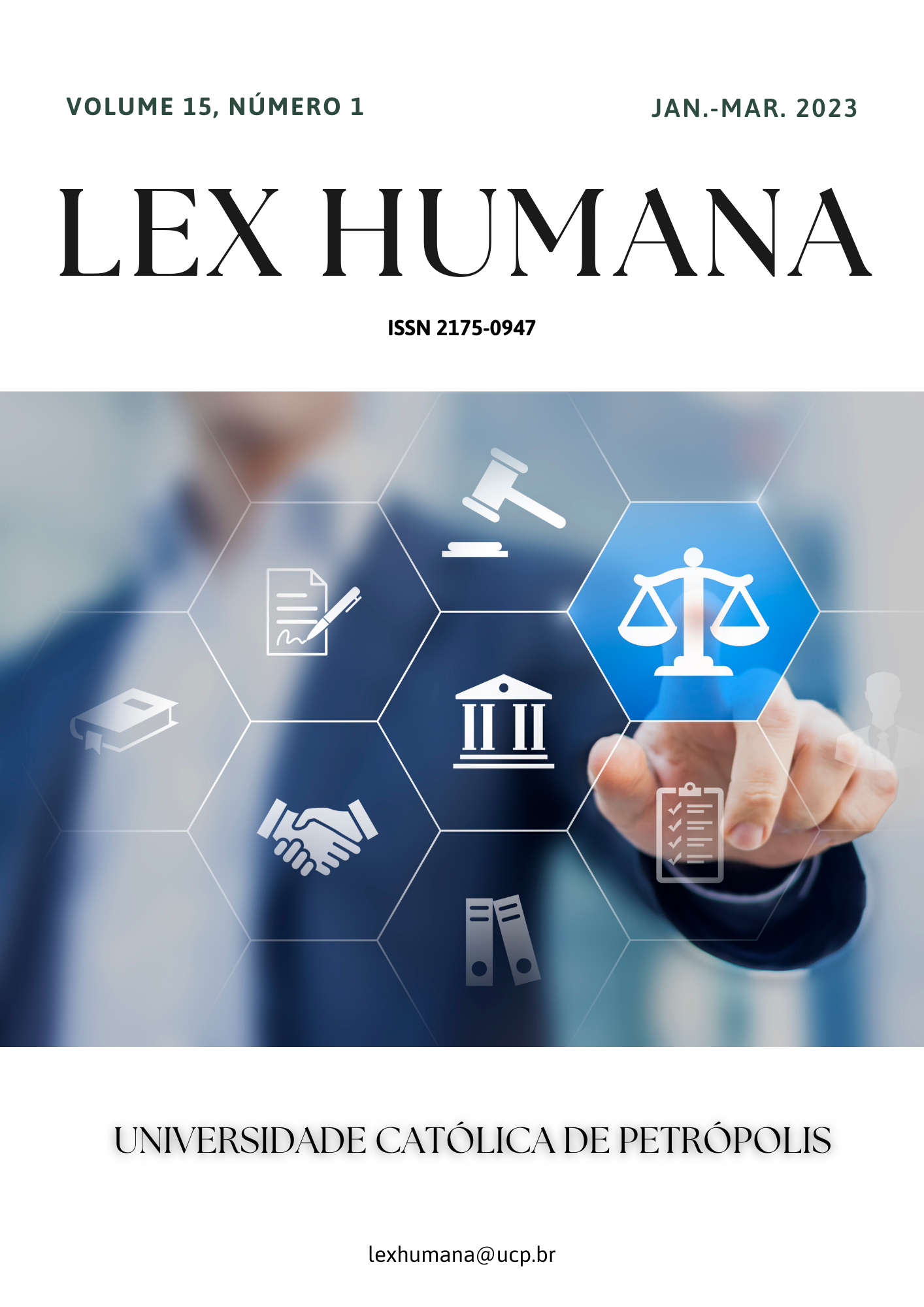Abstract
Employees are the main assets for an organisation and motivating the employees can improve their performance. Several ways can be incorporated for employee motivation. The objective of this research is to understand the role of Total Rewards and Compensation in increasing employee motivation. Survey has been conducted by incorporating 80 participants and the survey results has been analysed with the help of SPSS software. The result conveys that there is a positive relation between employee motivation and engagement. Employee motivation has strong relation with employee engagement and increasing organisational performance. Employee motivation can create positive working culture within the workplace. The research will contribute to understand the role of compensation and total rewards in case of employee motivation. Besides this, this research is also helpful to understand the importance of employee motivation in case of organisational performance. According to the results, it can be said that rewards can increase the productivity of employees from the perspective of law and government services, as well as improve their status and the efficiency of the organization, and this can help in better implementation of government services and better implementation of government rules and procedures.
References
Acquah, A., Nsiah, T. K., Antie, E. N. A., & Otoo, B. (2021). Literature review on theories of motivation. EPRA International Journal of Economic and Business Review, 9(5), 25-29. Retrieved from https://www.researchgate.net/profile/Alex-Acquah/publication/351790886_LITERATURE_REVIEW_ON_THEORIES_MOTIVATION/links/63541c758d4484154a23ede0/LITERATURE-REVIEW-ON-THEORIES-MOTIVATION.pdf
Alhmoud, A., & Rjoub, H. (2019). Total rewards and employee retention in a Middle Eastern context. SAGE open, 9(2), 2158244019840118. Retrieved from https://journals.sagepub.com/doi/pdf/10.1177/2158244019840118
Amor, A. M., Vázquez, J. P. A., & Faíña, J. A. (2020). Transformational leadership and work engagement: Exploring the mediating role of structural empowerment. European Management Journal, 38(1), 169-178. Retrieved from https://e-tarjome.com/storage/panel/fileuploads/2019-08-22/1566455447_E12678-e-tarjome.pdf
Anwar, G., & Abdullah, N. N. (2021). The impact of Human resource management practice on Organisational performance. International journal of Engineering, Business and Management (IJEBM), 5. Retrieved from http://www.journal-repository.theshillonga.com/index.php/ijebm/article/view/3409/3213
Asif, M., Qing, M., Hwang, J., & Shi, H. (2019). Ethical leadership, affective commitment, work engagement, and creativity: Testing a multiple mediation approach. Sustainability, 11(16), 4489. Retrieved from https://www.mdpi.com/2071-1050/11/16/4489/pdf
Didit, D. D., & Nikmah, N. R. S. (2020). The Role of Remuneration Contribution and Social Support in Organisational Life to Build Work Engagement. Journal of Islamic Economics Perspectives, 1(2), 20-32. Retrieved from https://jurnalfebi.iain-jember.ac.id/index.php/JIEP/article/download/24/17
Idigo, P. I. (2023). Incentives And Performance Of Workers In Tertiary Institutions In Anambra And Enugu State, Nigeria. Retrieved from https://seahipaj.org/journals-ci/mar-2023/IJISSHR/full/IJISSHR-M-2-2023.pdf
Malmqvist, J., Hellberg, K., Möllås, G., Rose, R., & Shevlin, M. (2019). Conducting the pilot study: A neglected part of the research process? Methodological findings supporting the importance of piloting in qualitative research studies. International Journal of Qualitative Methods, 18, 1609406919878341. Retrieved from https://journals.sagepub.com/doi/pdf/10.1177/1609406919878341
Paais, M., & Pattiruhu, J. R. (2020). Effect of motivation, leadership, and organisational culture on satisfaction and employee performance. The Journal of Asian Finance, Economics and Business, 7(8), 577-588. Retrieved from https://www.koreascience.or.kr/article/JAKO202026061031735.pdf
Pham, N. T., Thanh, T. V., Tučková, Z., & Thuy, V. T. N. (2020). The role of green human resource management in driving hotel’s environmental performance: Interaction and mediation analysis. International Journal of Hospitality Management, 88, 102392. Retrieved from https://publikace.k.utb.cz/bitstream/handle/10563/1009245/Postprint_1009245.pdf?sequence=3
Pratama, E. N., Suwarni, E., & Handayani, M. A. (2022). The Effect Of Job Satisfaction And Organisational Commitment On Turnover Intention With Person Organisation Fit As Moderator Variable. Aptisi Transactions on Management (ATM), 6(1), 74-82. Retrieved from https://ijc.ilearning.co/index.php/ATM/article/download/1722/543
Riyanto, S., Endri, E., & Herlisha, N. (2021). Effect of work motivation and job satisfaction on employee performance: Mediating role of employee engagement. Problems and Perspectives in Management, 19(3), 162. Retrieved from https://www.academia.edu/download/69819906/PPM_2021_03_Riyanto.pdf
Roscoe, S., Subramanian, N., Jabbour, C. J., & Chong, T. (2019). Green human resource management and the enablers of green organisational culture: Enhancing a firm's environmental performance for sustainable development. Business Strategy and the Environment, 28(5), 737-749. Retrieved from https://fardapaper.ir/mohavaha/uploads/2019/04/Fardapaper-Green-human-resource-management-and-the-enablers-of-green-organisational-culture-Enhancing-a-firms-environmental-performance-for-sustainable-development.pdf
Schrepp, M. (2020). On the Usage of Cronbach's Alpha to Measure Reliability of UX Scales. Journal of Usability Studies, 15(4). Retrieved from https://uxpajournal.org/wp-content/uploads/sites/7/pdf/JUS_Schrepp_Aug2020.pdf

This work is licensed under a Creative Commons Attribution-NonCommercial-NoDerivatives 4.0 International License.
Copyright (c) 2023 Lex Humana (ISSN 2175-0947)

